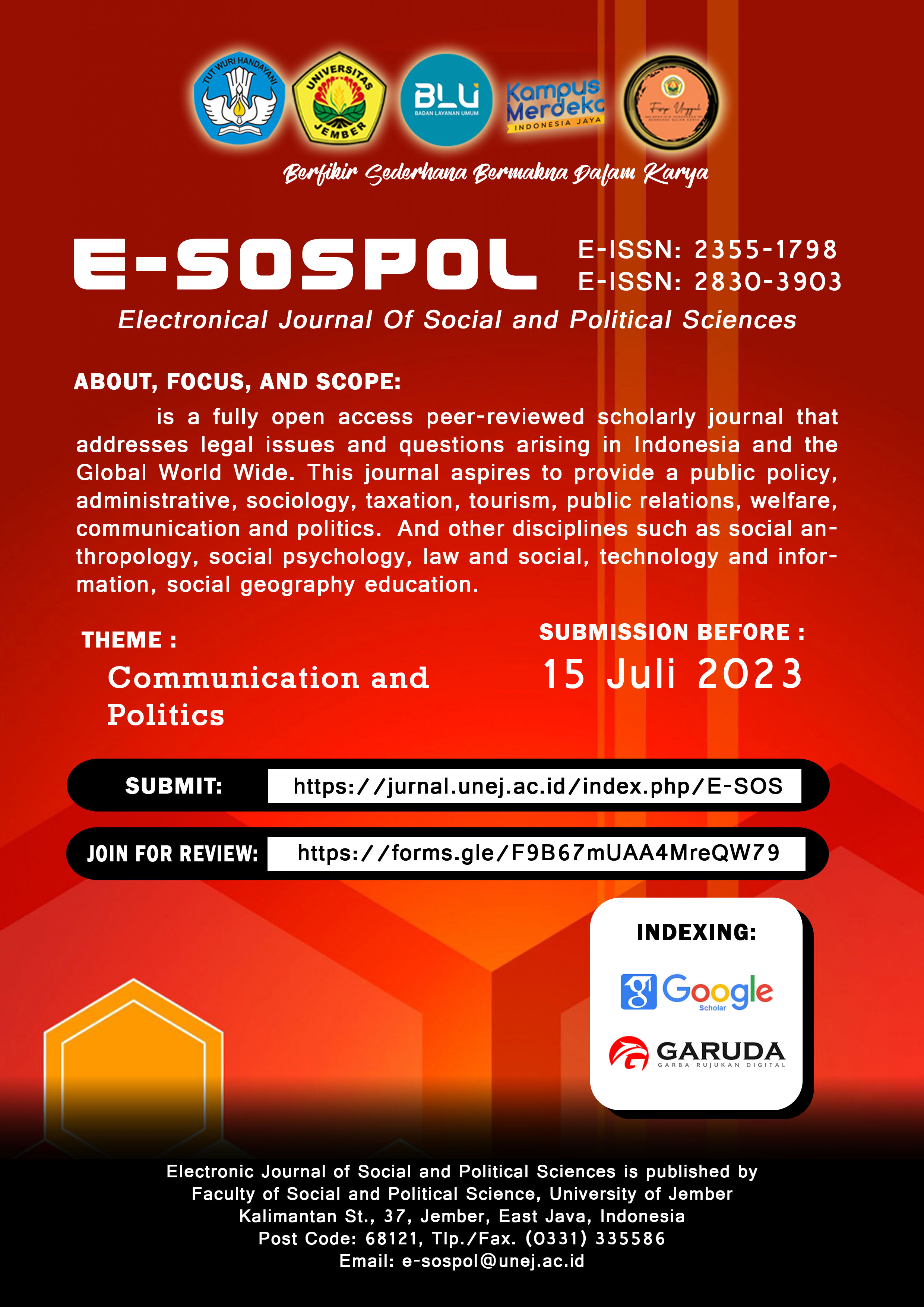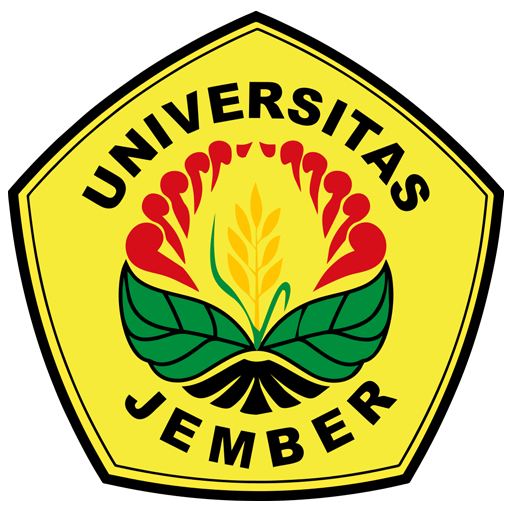Potensi Penerimaan Pajak Mineral Bukan Logam Buatan dan Batuan Dalam Meningkatkan Pendapatan Asli Daerah: Studi Kasus Bahan Galian Pasir dan Kerikil di Kabupaten Lumajang
Abstract
Abstract
This research was intended to describe the amount of potential tax revenue of sand and gravel in Lumajang Regency and to projection in 2013-2017. Lumajang Regency is greatly well-known as the finest producer of sand in Indonesia. However, tax revenue realization of sand and gravel increasingly declined. The unusualness is more and more clearly seen when seeing the fact that the streets are full of large trucks loaded with sand and gravel, causing traffic jam and damaging the national roads. Thus, the tax revenue of sand and gravel should increase instead of decrease. The research type used was descriptive with quantitative approach. Determination of informants was by purposive sampling technique. The type of data collected was primary data collected by interview and observation, while the secondary data were collected by documentation and literature study. Methods of data analysis used potential analysis with macro- and micro- approaches and projection. The research results showed that the potential of sand and gravel tax in Lumajang Regency was very good; however, its realization was very low. The average revenue ratio and the potential was only 6.65% of the potentials that existed in the field, meaning that the tax paid by miners/taxpayers of sand and gravel was very small than expectation. Identification of sand and gravel tax was categorized left-behind as well as mining and excavation sector. The 2013-2017 projection was still relatively small because the forecast was based on revenue realization of non-revenue potentials.
Penulis yang mengusulkan naskahnya untuk dapat diproses penerbitannya pada e-SOSPOL dianggap telah menyetujui beberapa hal sebagai berikut:
1. Penulis tidak dapat menarik naskah yang telah usulkan untuk diproses hingga mendapat jawaban dari Ketua Dewan Penyunting atas status naskah artikel ilmiahnya (diterima atau ditolak untuk diterbitkan).
2. Penerbit tidak bertanggung jawab terhadap kasus plagiasi atas artikel yang terbit pada e-SOSPOL
3. Penerbit tidak bertanggung jawab atas data dan isi dari artikel yang diterbitkan pada e-SOSPOL, dan sepenuhnya merupakan tanggung jawab penulis.






.png)

